The automotive industry is undergoing a digital revolution, and one of the most intriguing developments is the integration of non-fungible tokens (NFTs) into brand strategies. Car manufacturers are no longer just selling vehicles; they're creating exclusive digital assets that offer unique ownership experiences. These NFTs go beyond mere collectibles—they're becoming gateways to real-world benefits, forging deeper connections between brands and their most passionate customers.
Luxury automakers were among the first to recognize the potential of NFTs as status symbols for the digital age. Ferrari's collaboration with a Swiss tech firm resulted in a sold-out NFT collection that granted buyers access to exclusive physical events and VIP treatment. What makes these initiatives remarkable isn't just the digital artwork itself, but how it serves as a membership card to an elite club of automotive enthusiasts. The secondary market for these tokens often sees prices multiply, proving that consumers value the associated privileges as much as the digital asset.
The mechanics behind these programs reveal sophisticated marketing strategies. When Porsche launched its NFT series, each token was programmatically generated to reflect different aspects of the brand's heritage. But more importantly, ownership unlocked tiered benefits—from virtual meetups with designers to test drive opportunities for upcoming models. This creates a feedback loop where engaged collectors become brand ambassadors, their social media activity fueled by the status their NFTs confer.
Mainstream manufacturers are adopting similar approaches with mass-market appeal. Hyundai's NFT initiative tied to its electric vehicle lineup offers charging credits and software upgrades redeemable through blockchain verification. This practical application demonstrates how NFTs can serve as both marketing tools and functional components of vehicle ownership. The tokens effectively become digital keys that evolve alongside the physical product.
Perhaps the most transformative development is how NFTs are changing ownership models. Several premium brands now use tokens as certificates of authenticity for limited-edition vehicles, with the blockchain record serving as an unforgeable provenance trail. This digital twin concept extends to maintenance records and customization options, creating a comprehensive historical document that travels with the vehicle through subsequent owners. The implications for resale value and collector markets are profound.
The technology also enables innovative financing arrangements. Some manufacturers have begun experimenting with fractional NFT ownership, where multiple investors can share in the appreciation of rare vehicles while the physical asset remains in secure storage. These arrangements are particularly appealing to younger demographics who value access over outright ownership and are comfortable with digital asset management.
Challenges remain in making these systems accessible to non-technical consumers. The industry is responding with streamlined wallet solutions and educational initiatives that demystify blockchain technology. What's emerging is a hybrid model where the complexity happens behind the scenes, while users enjoy seamless benefits through familiar interfaces like brand apps and vehicle infotainment systems.
Looking ahead, we can expect these digital assets to become increasingly integrated with vehicle functionality. Imagine NFTs that automatically adjust insurance rates based on driving behavior recorded on-chain, or that unlock special performance modes in electric vehicles. The boundary between physical and digital ownership is blurring, creating new opportunities for customer engagement that extend far beyond the initial purchase.
The most successful implementations will be those that create genuine value rather than riding hype cycles. As the market matures, consumers will discriminate between gimmicks and meaningful utilities. Automakers that view NFTs not as speculative instruments but as long-term relationship tools will be best positioned to build loyal communities in the digital age.
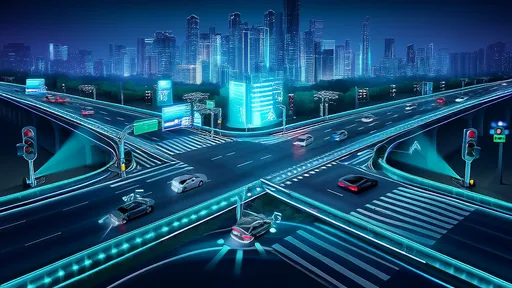
By /Jun 14, 2025
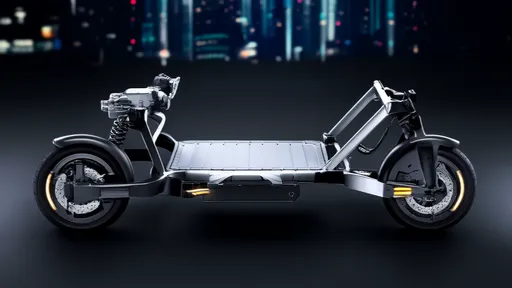
By /Jun 14, 2025

By /Jun 14, 2025

By /Jun 14, 2025
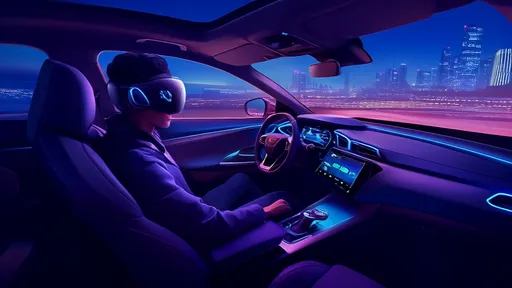
By /Jun 14, 2025

By /Jun 14, 2025
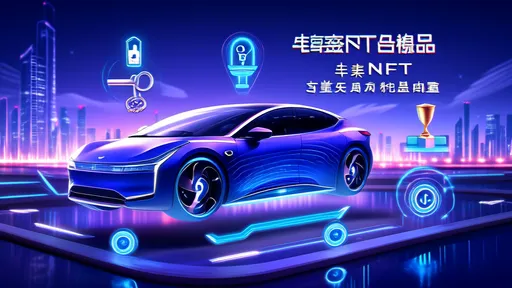
By /Jun 14, 2025

By /Jun 14, 2025
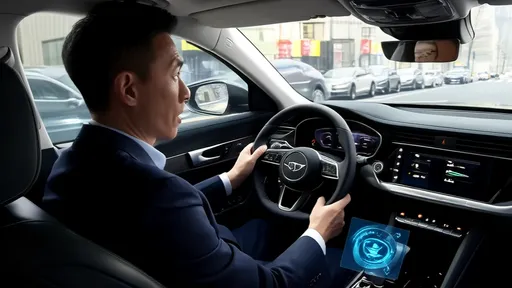
By /Jun 14, 2025
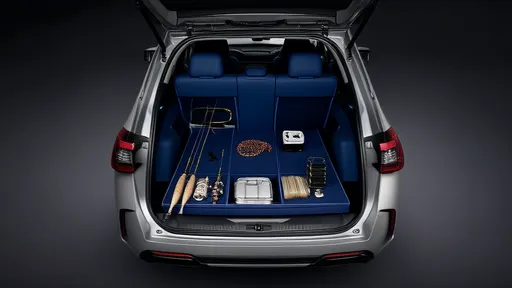
By /Jun 14, 2025

By /Jun 14, 2025
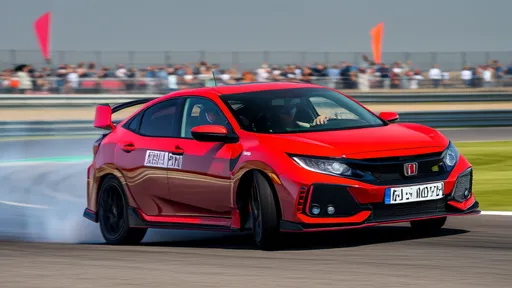
By /Jun 14, 2025
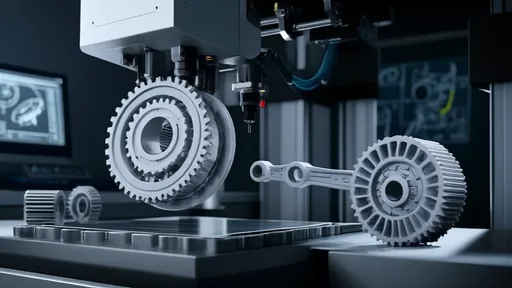
By /Jun 14, 2025
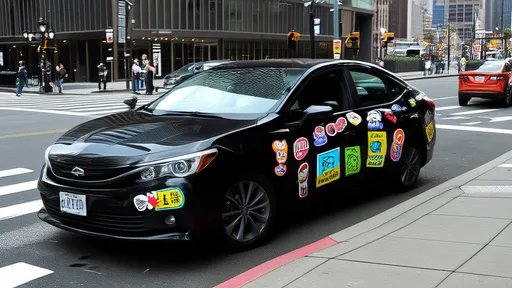
By /Jun 14, 2025
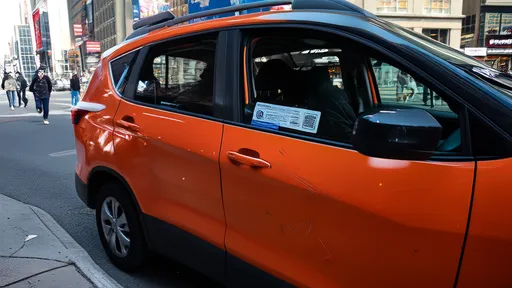
By /Jun 14, 2025
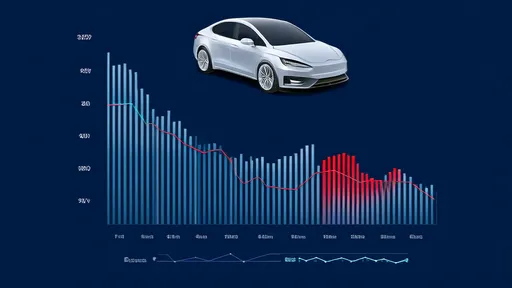
By /Jun 14, 2025
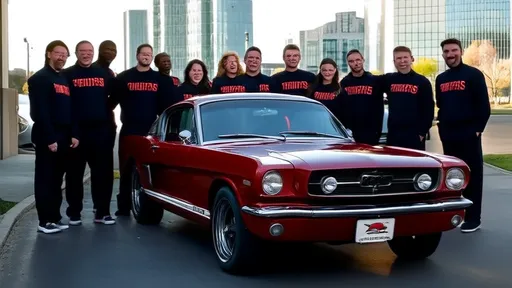
By /Jun 14, 2025
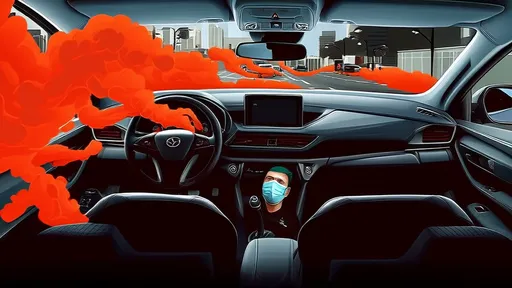
By /Jun 14, 2025